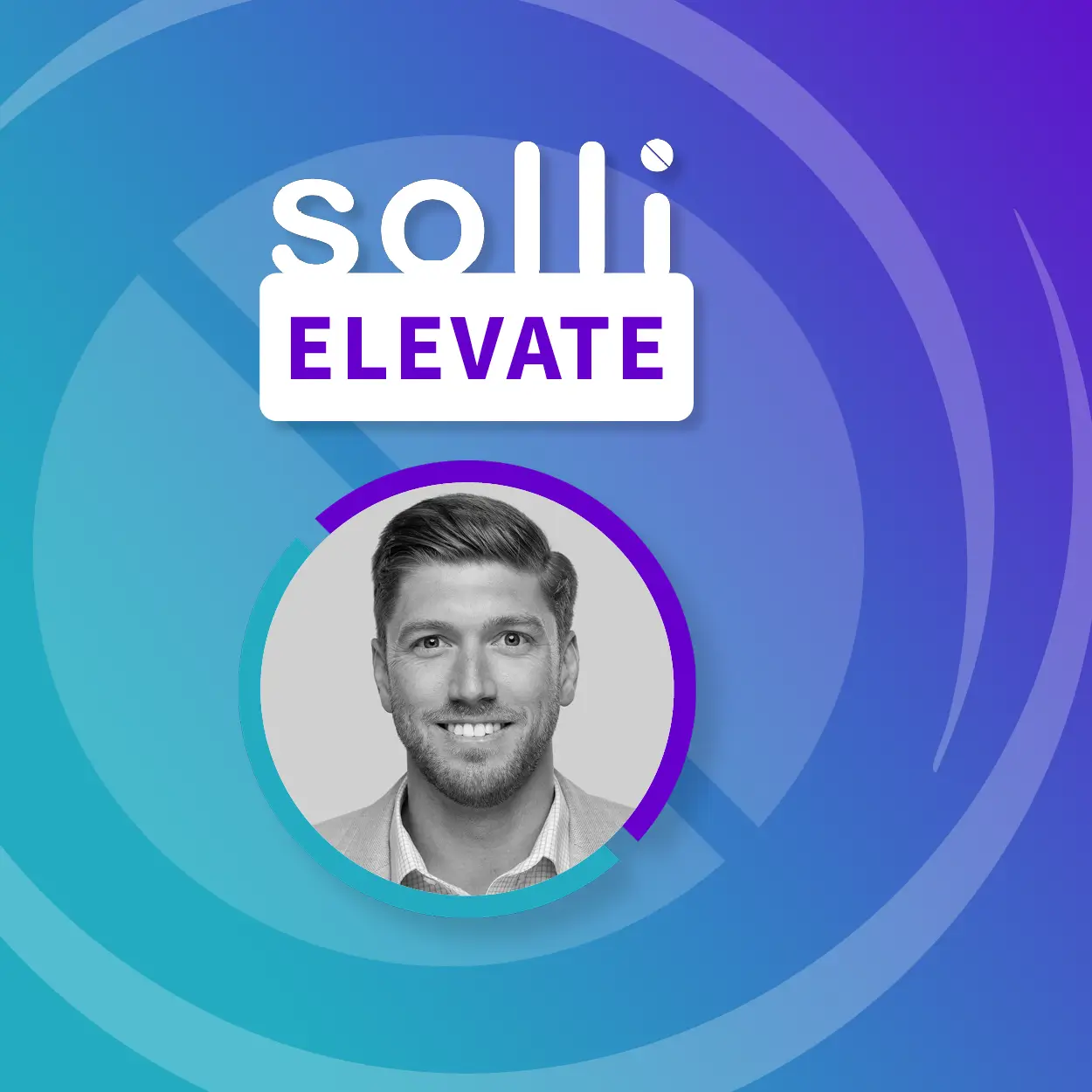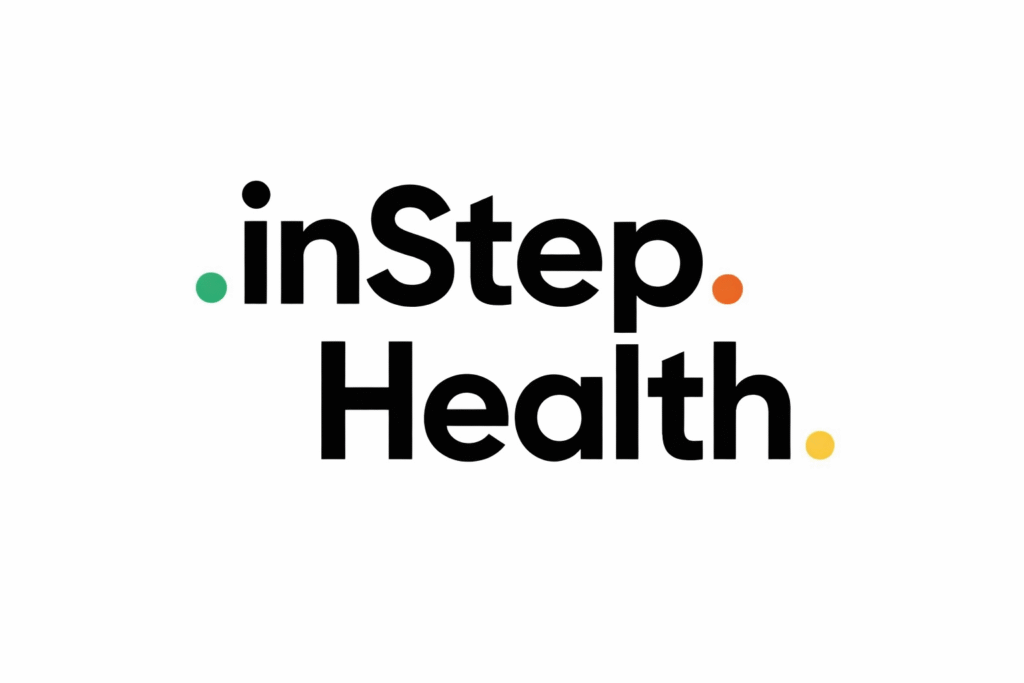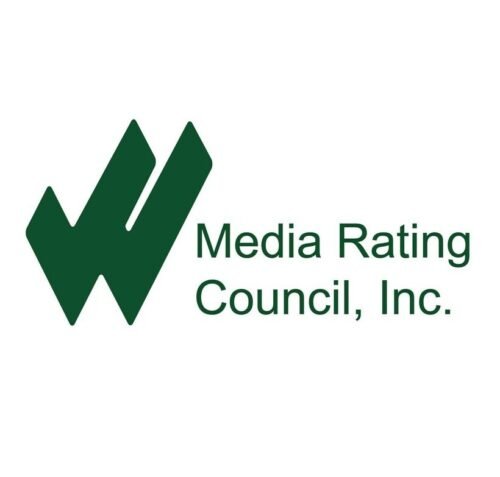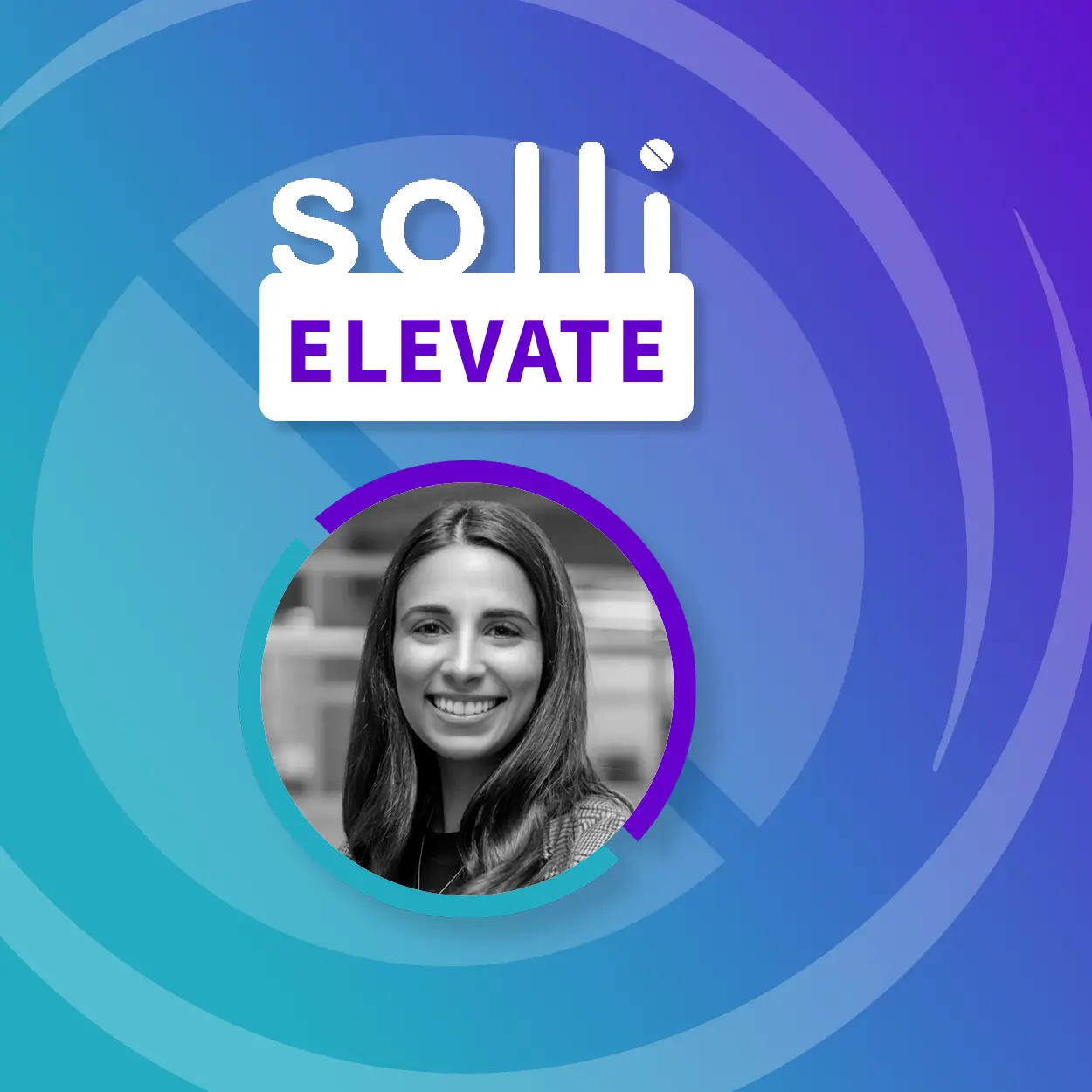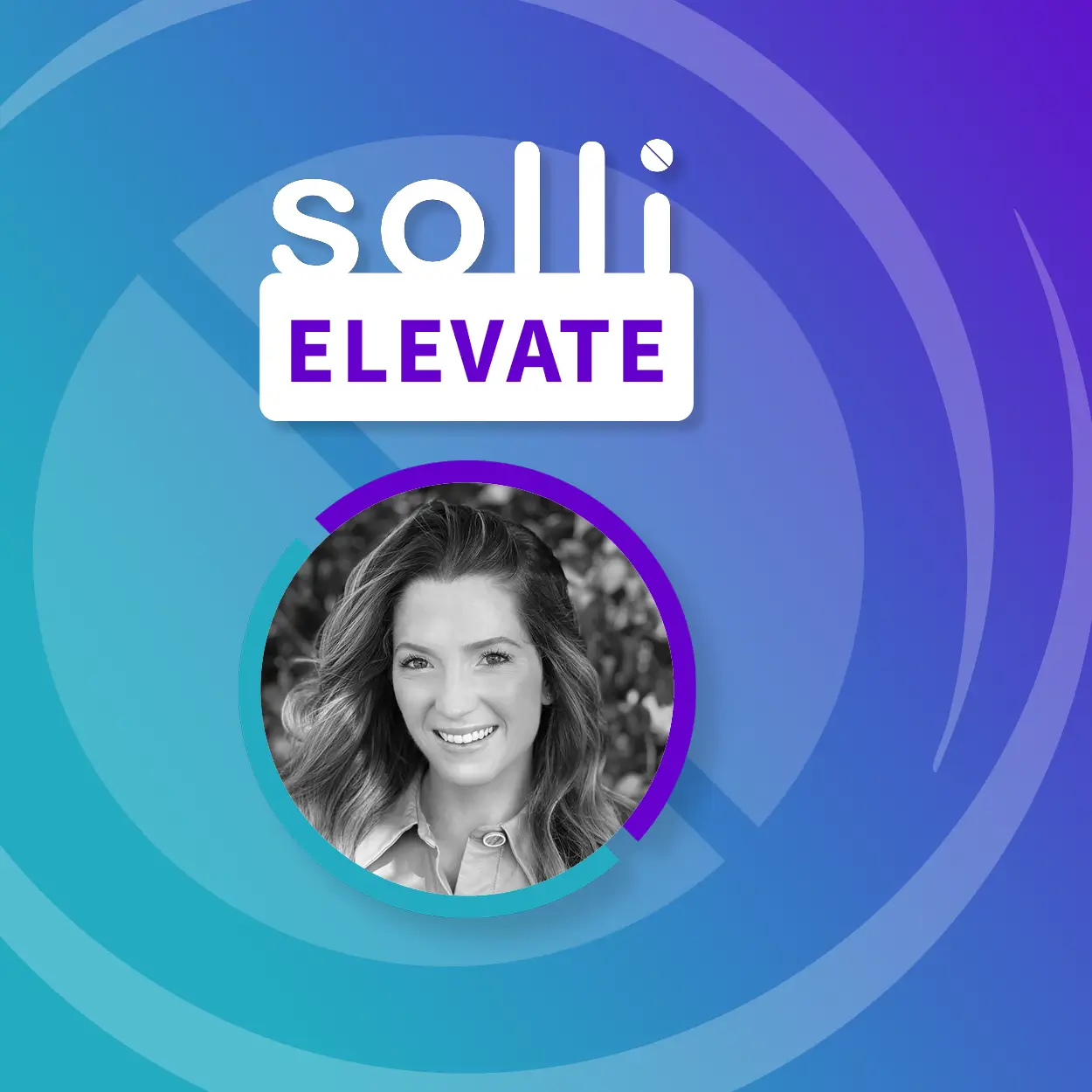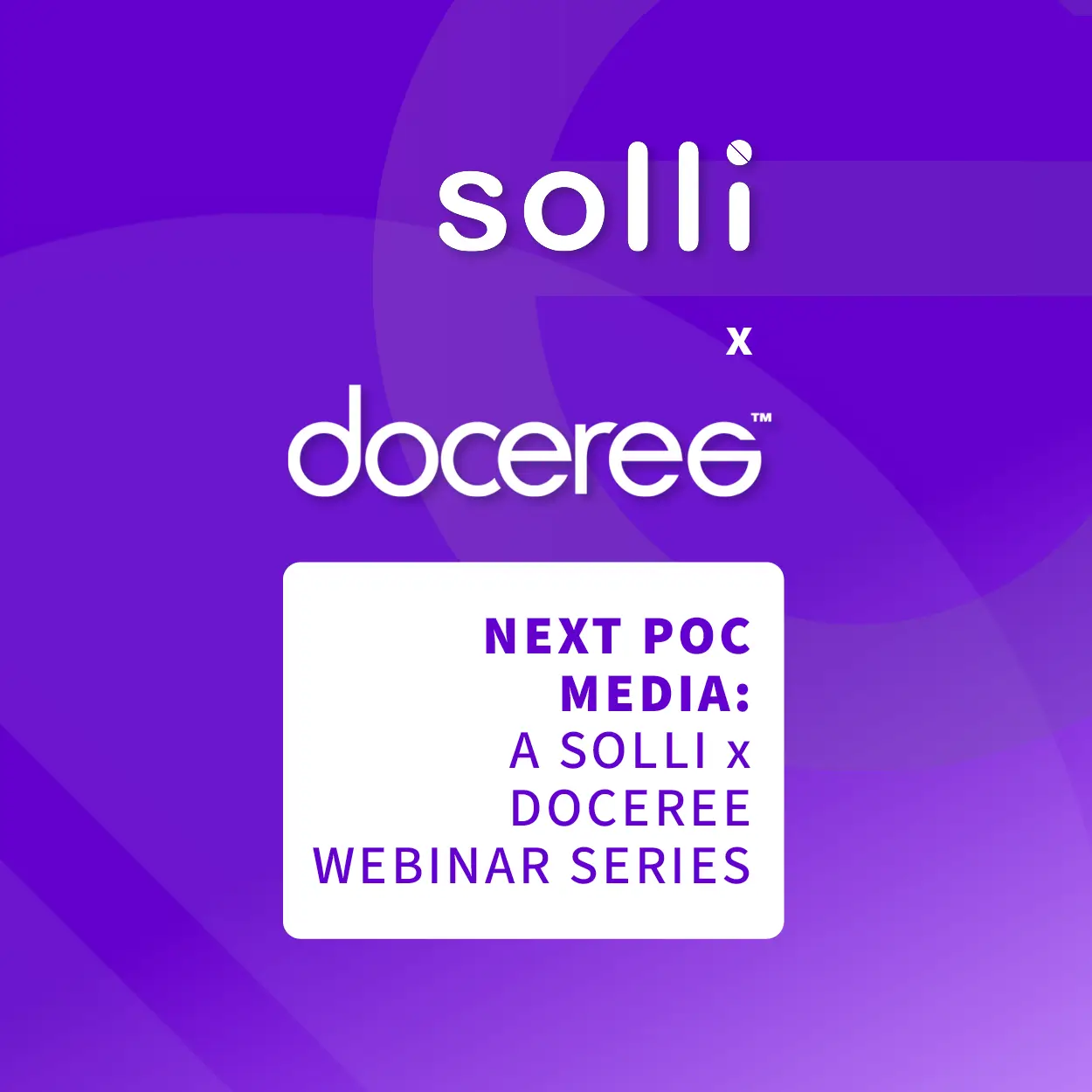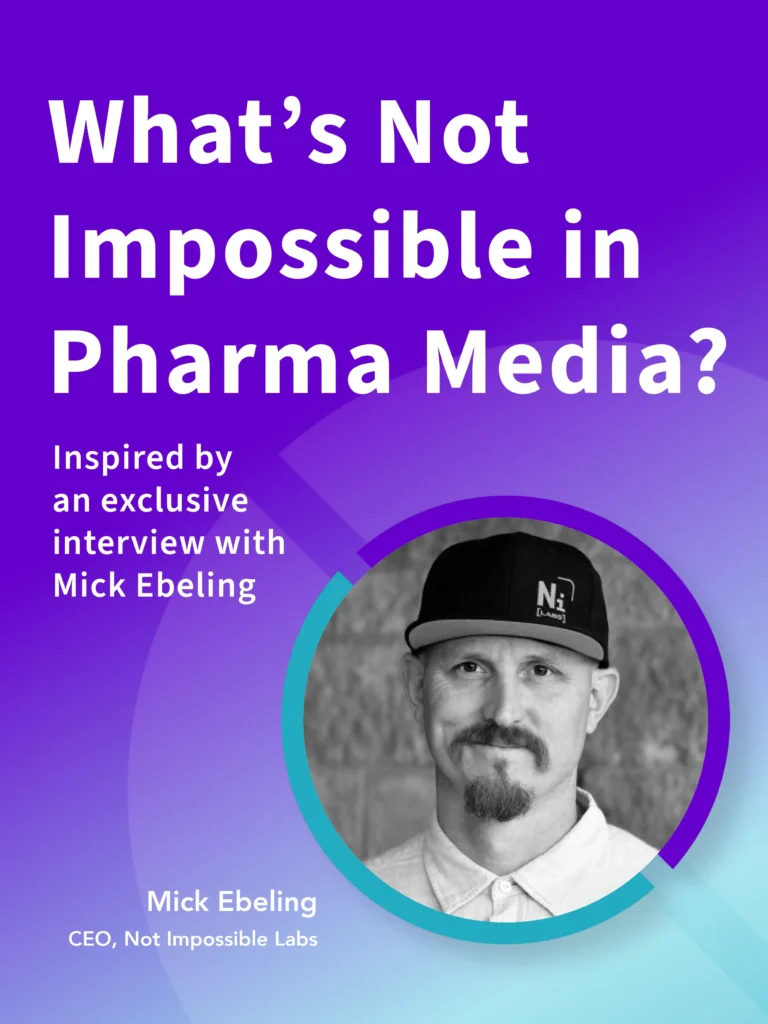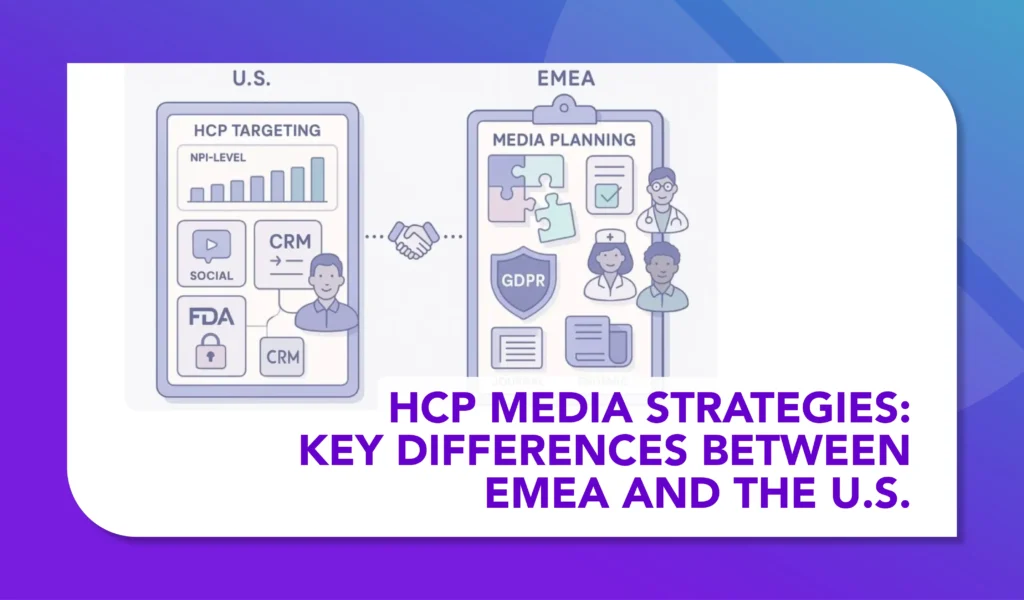‘One Foot in the Unknown’: epocrates Product Guru Michelle Berg Looks Ahead
After honing her product-development chops at Hearst and Shoppable, Berg is helping steer the revered reference app into its fourth decade
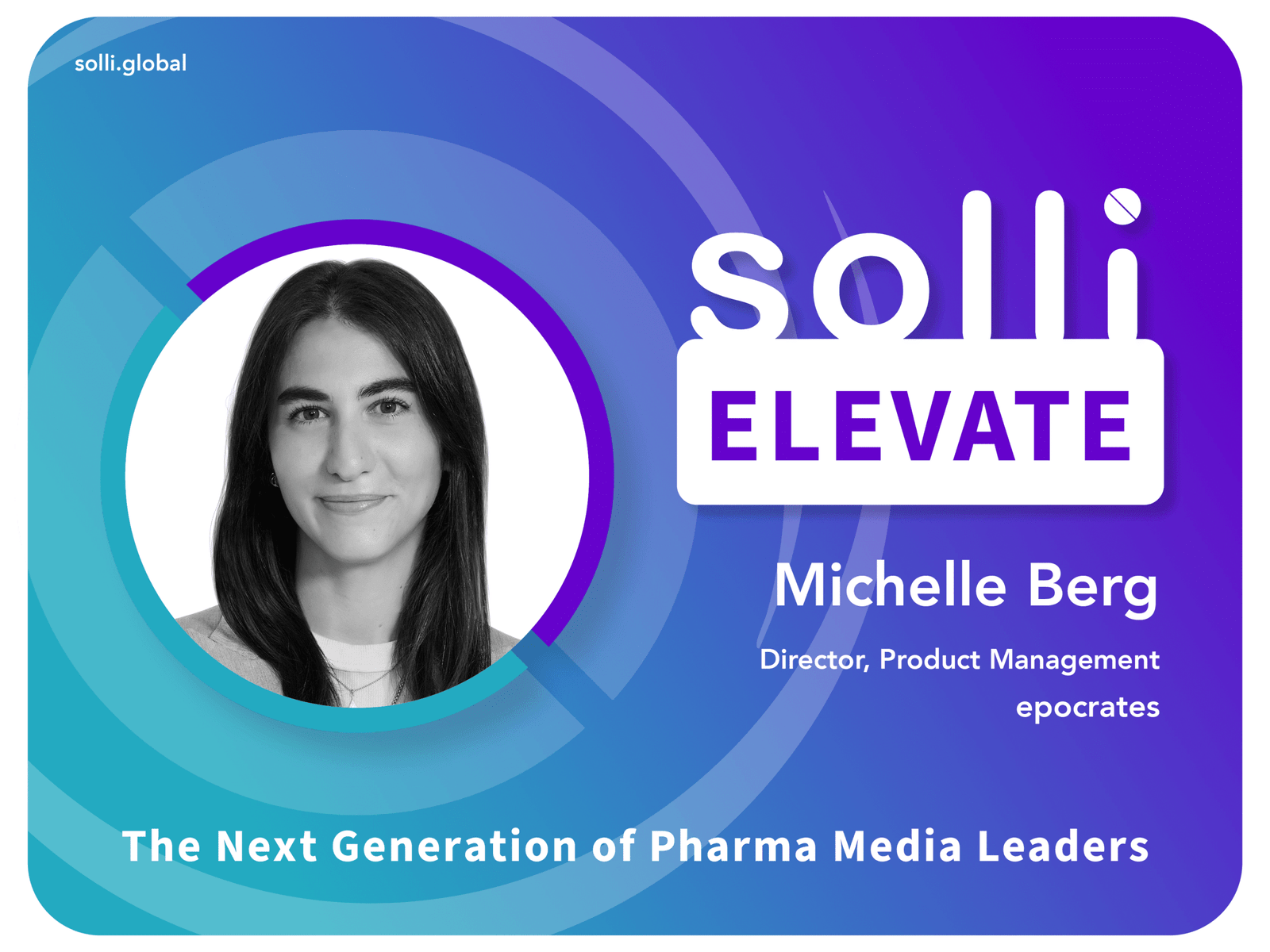
Michelle Berg is a builder. During her two tenures at Hearst, first in an account management role and later as VP, product and technology for the publisher’s lifestyle brands, she strove to assemble products and infrastructures that were sustainable for both the immediate and the long-term futures. At Shoppable, she sought to effect similar growth within the expansive e-commerce space.
And now, as director, product management and head of a ten-strong team at epocrates, Berg has been charged with helping usher the venerable reference app – which continues to thrive some 27 years after its debut – into the future. It’s a heady responsibility and one that comes with its share of peril: Physicians don’t just rely on epocrates; they love it. There are few media brands, inside healthcare or out, that engender a similar degree of trust and respect.
Which is to say: Literally millions of users wouldn’t take too kindly to changes that drastically or even incrementally alter their engagement with epocrates. Berg, however, isn’t cowed by the prospect of a misstep.
“I’ve always been someone who will admit that there are plenty of things I don’t know,” she says. “Honestly, that’s where I’m most comfortable: One foot in the known, one foot in the unknown.”
Evolving roles and responsibilities
Growing up on Long Island, Berg wasn’t particularly career-focused. “I didn’t have anything resembling a real plan,” she admits. At the University of Maryland, she took classes in communication, human development and public speaking, supplementing them with internships at MEC, Xaxis and Mindshare. At MEC, she bought print media for Chanel.
“I was like, “Wow, the advertising world is so amazing. Look at these huge budgets!,” she recalls with a laugh.
After graduating with a degree in communication, Berg found her way into pharma media. During her time at Mindshare, she worked on digital planning and buying for Boehringer Ingelheim’s Rx and OTC brands; at Carat, she did the same for Pfizer. She remembers her first interactions with pharma as daunting, but believes they sharpened her strategic and decision-making skills.
“What pharma companies want out of their brand campaigns is so much different than what almost every other type of company wants,” she explains. “You’re not just optimizing for a click or an impression. You want to generate influence that translates to the point of care. It’s a very different way of looking at ROI.”
Berg’s first stint at Hearst found her filling a variety of roles, ranging from ad-tech and ops to account management. When she returned after just under a year at Shoppable, she went to work building the infrastructure for the company’s underdeveloped ad product and product marketing function. The business soon became profitable and Berg was elevated into roles of increasing prominence. She embraced everything that came with them, responding especially well to working in the pockets of Hearst that had a startup feel.
“What I liked the most then, and still do now, are those smaller environments within bigger companies that have big backing,” she explains. “The teams that I’ve been on have always been about building foundations. That’s where I can have a real influence.”
The promise of a similar opportunity lured Berg to epocrates in February. The company pitched 2025 as a year in which it would rebuild its foundation and set itself up for the next decade and beyond. She was entrusted with a tricky dual assignment: Maintaining the trust of devoted epocrates users while simultaneously identifying potential avenues for product growth.
“We’ve got a large user base and we know who our audience is,” Berg says. “It’s not a fly-by-night group of people. Everything has to be additive to their experience.”
Asked about the perception that the product-management function flies beneath the radar when running smoothly but becomes conspicuous when it isn’t, Berg characterizes it as fair. She adds the caveat, however, that it’s far more complicated than many outside observers realize.
“You have to be pushing out the right features at the right time. You have to meet so many requirements,” she notes. “If you’re not prioritizing the right things and stakeholders, you end up with something that nobody’s happy using.”
How the pieces connect
Berg arrived at epocrates knowing that she only had a few months to make an impression, due to the imminent arrival of her first child. She spent her first day at a company off-site in Boston, which opened her eyes to the depth and experience of the epocrates team. “It got me excited about coming back even before I left.”
To hear Berg’s colleagues tell it, her impact was felt immediately. “What’s really stood out to me is how deeply Michelle understands the broader media and advertising landscape,” says Andrew Johnson, head of commercial and customer success at athenahealth, which acquired epocrates in 2013 for $293 million. “It’s not just surface-level knowledge. She sees how the pieces connect, how one decision can influence multiple parts of the strategy and how it might play out in practice.”
Nine months into her epocrates tenure, Berg doesn’t take for granted the brand’s legacy with its user base, which she describes as “an engaged, leaned-in audience.”
“We don’t have to sell anyone on the usefulness of epocrates,” she adds. “Our longevity means the trust is already built in.”
While Berg’s life outside the office is happily focused on her newborn (“all my hobbies? Gone,” she cracks), her life inside it is all about the continuing evolution of the epocrates app. That’s why, when Berg allows herself to look a few years down the road, she concentrates on enhancing the user experience without forcing new features down anyone’s throat.
“We can’t just be slapping AI onto everything,” she says. “The data we have is curated and reviewed. If there are ways to use it while making the platform smarter, great.”
In other words, Berg is free to innovate but under no pressure to pack the epocrates product with whatever happens to be today’s object of techno-fascination. “I get to think near-term and long-term and I get to build products that are sustainable,” she continues. “I’m not saying it isn’t chaotic at times, but I love having a bird’s-eye view. Doing everything at once is what drives me.”
Johnson, for his part, believes that the best lies ahead for Berg.
“Where will Michelle be in ten years? Leading something big,” he says. “And I’ll happily follow.”
This profile is part of the solli Elevate series, celebrating the Next Generation of Pharma Media Leaders. View all profiles here

